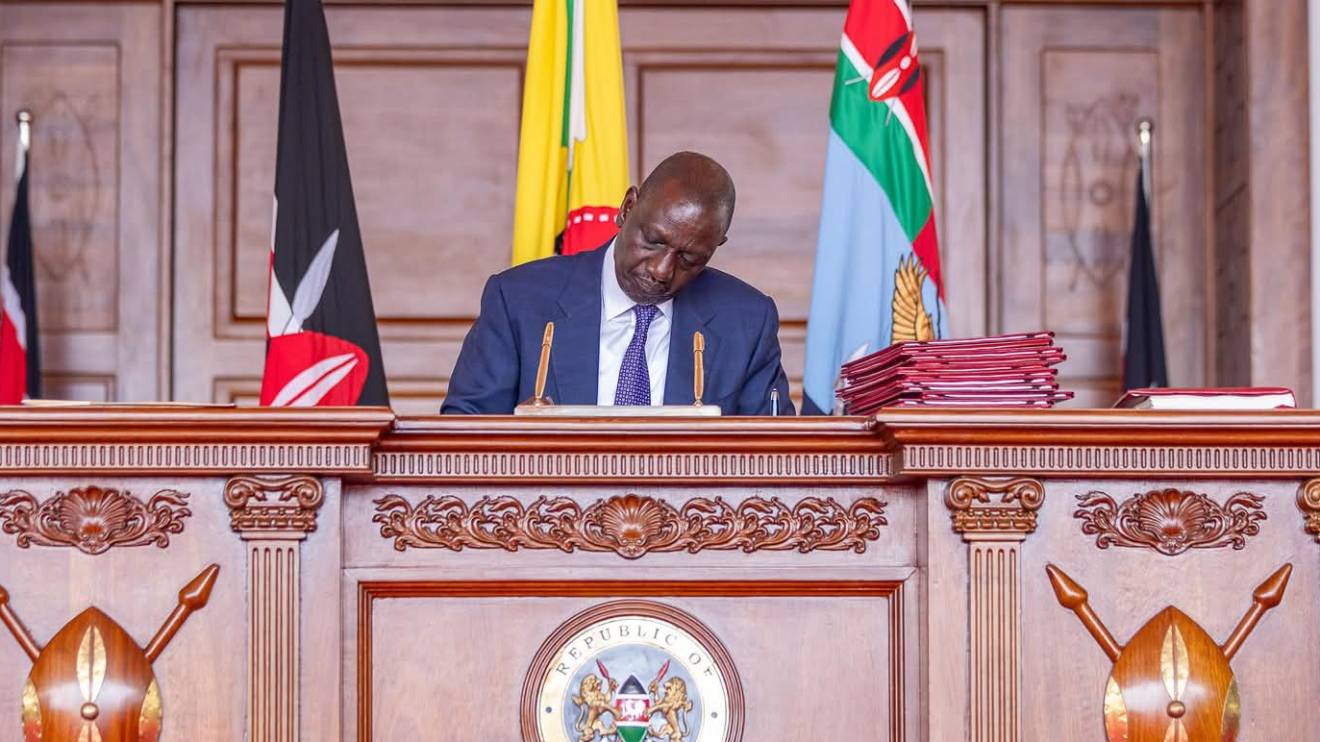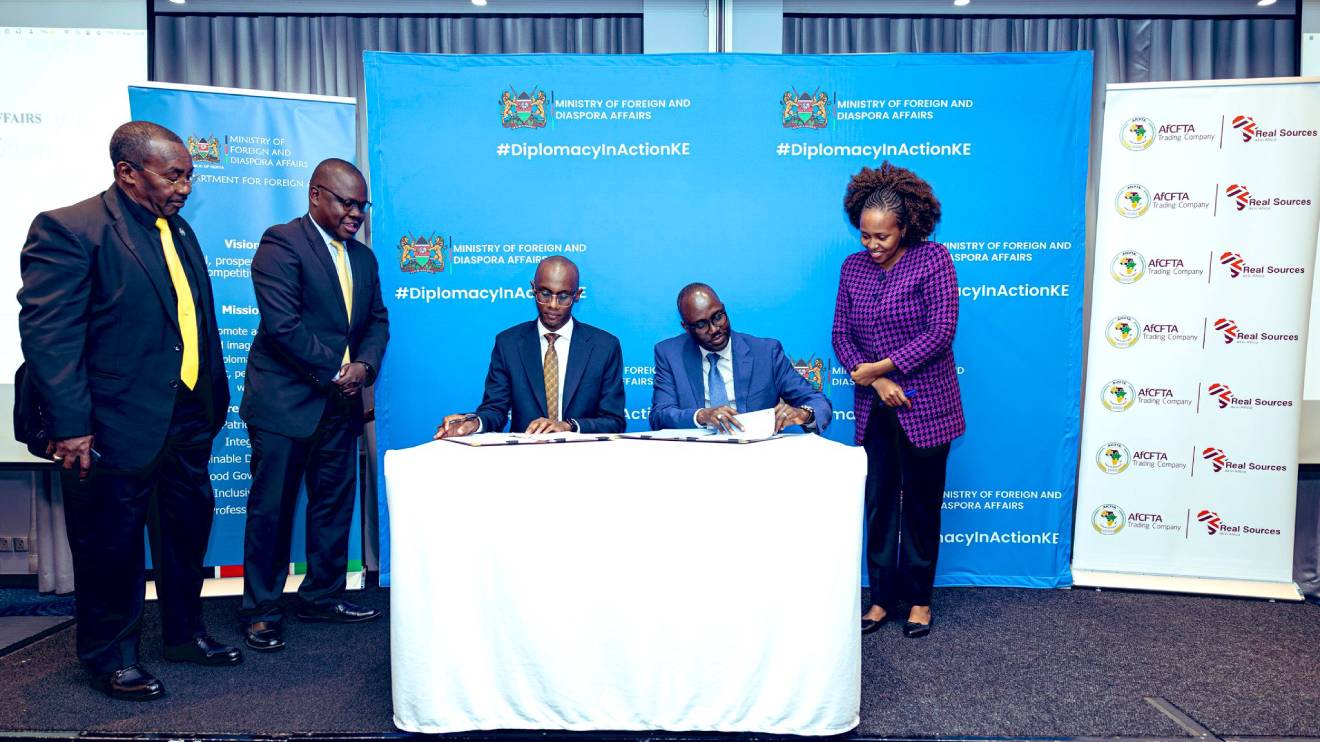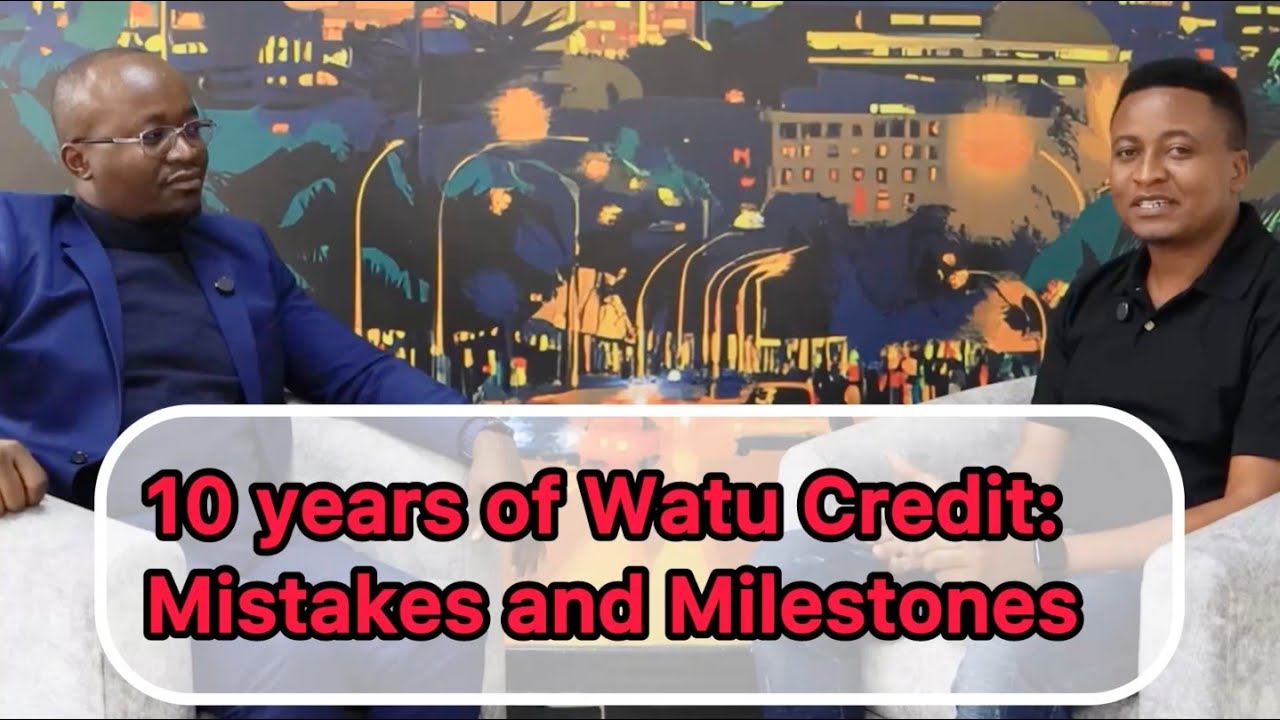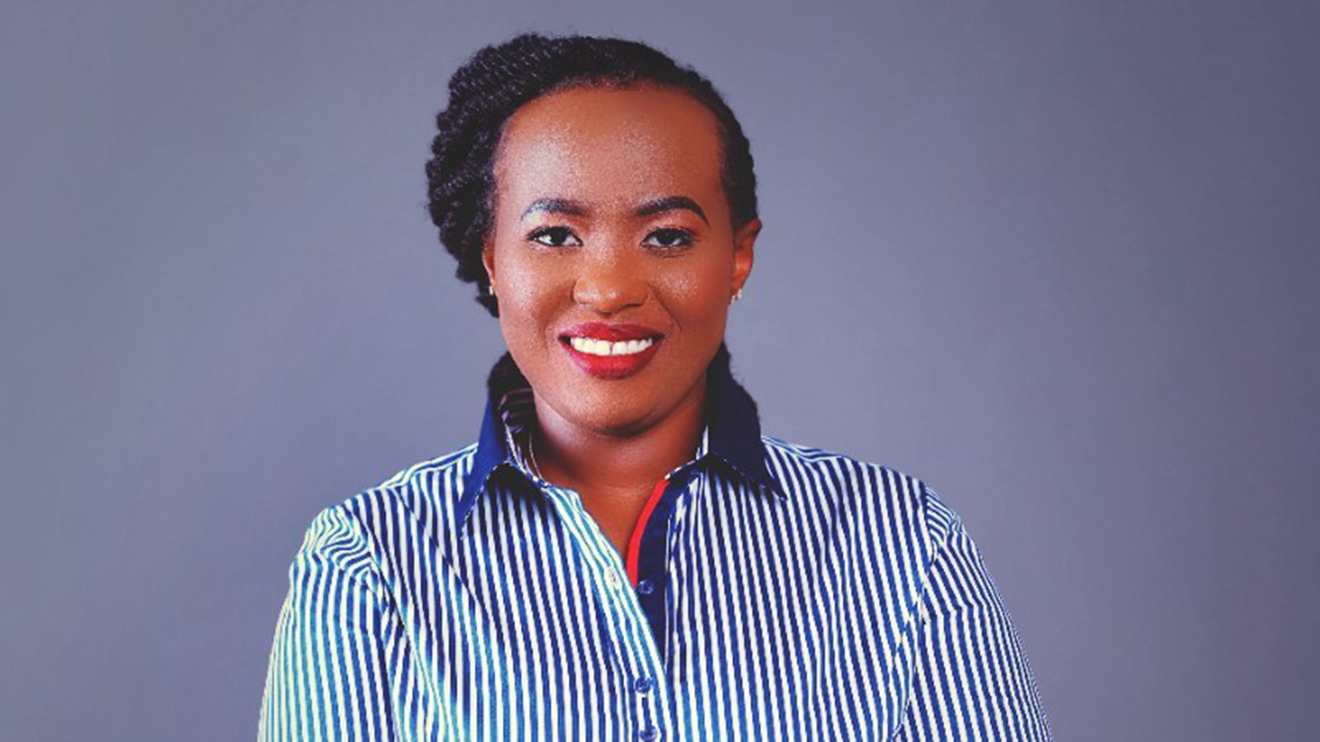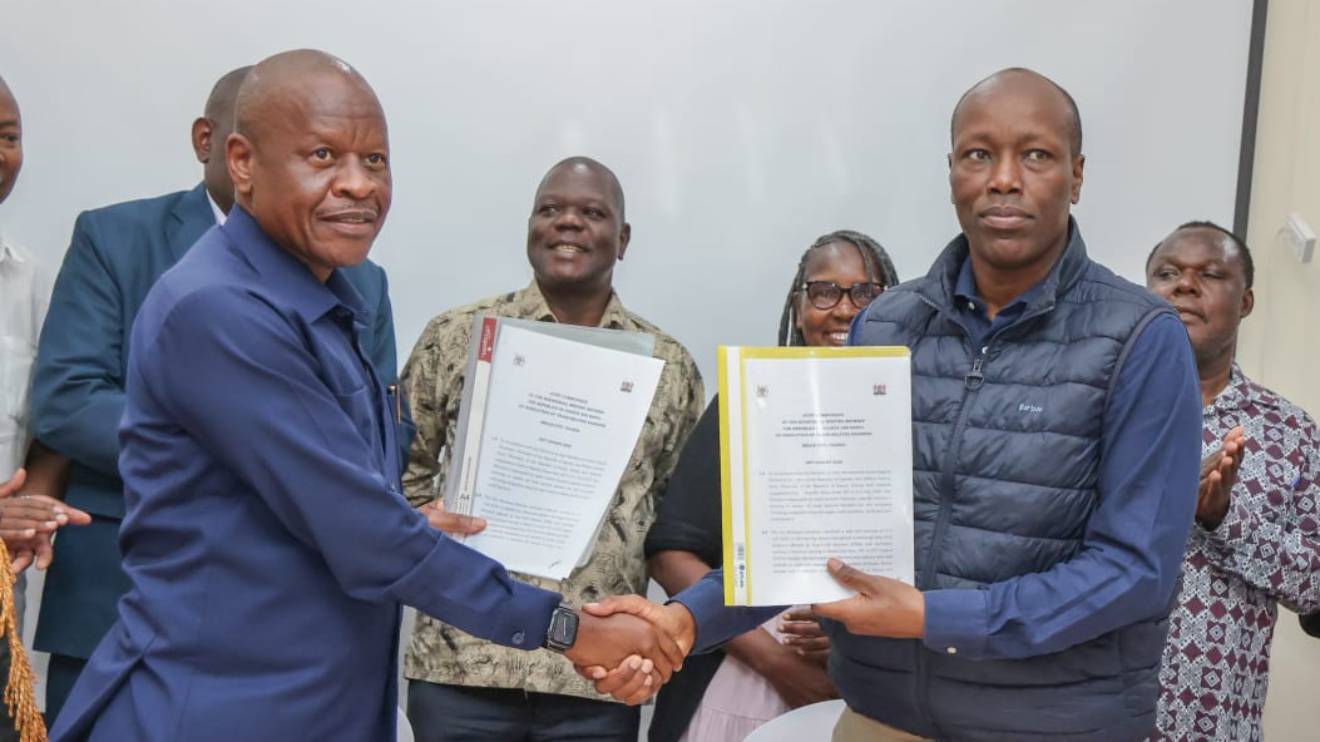The High Court has ruled that the process of the Building Bridges Initiative (BBI) initiated by President Uhuru Kenyatta was unconstitutional.
In a unanimous decision by a five-judge bench, the judges ruled that President Kenyatta committed numerous legal blunders in his bid to reform the supreme law.
The judges led by Justice Joel Ngugi ruled that President Kenyatta acted outside his powers in initiating the process of amending the Constitution the BBI process.
In the judgment issued virtually, the bench ruled that the Head of State has no mandate available in the Constitution to change the Constitution through a popular initiative (BBI).
The judges also termed illegal the 14-member BBI taskforce and the steering committee that was formed led late Garissa Senator Yusuf Haji.
Read More
They said the only way the proposed changes to the law is achievable is via a parliamentary initiative and that Uhuru should have petitioned the National Assembly or popular initiative.
"In reality BBI was the president's initiative, which is contrary to article 257 of the Constitution. The taskforce that morphed to a steering committee was an unlawful and unconstitutional outfit. It was invalid from the beginning," they ruled.
The judges said, in their ruling, that the BBI process was an initiative of the President disguised as a popular initiative, in the ruling that was hard-hitting on the president.
"President cannot be an initiator of and an umpire in amendment of the Constitution," said the High Court judges, terming the BBI filled with conflict of interest by those involved.
The judges said the current Constitution outlines those who can initiate changes through popular initiative, and that a sitting president, executive or a state organ are not included.
They also ruled that Independent Electoral and Boundaries Commission (IEBC) was under an obligation to ensure that there was a process of public participation in the BBI process.
Among those who have faulted the court decision is constitutional law lecturer Prof Ben Sihanya.
“On this case they (5-Judge bench) have gotten so many things wrong, at least three areas. They have confused the question of initiative; to initiate a reform process is different from the decision making,” Prof Sihanya said.

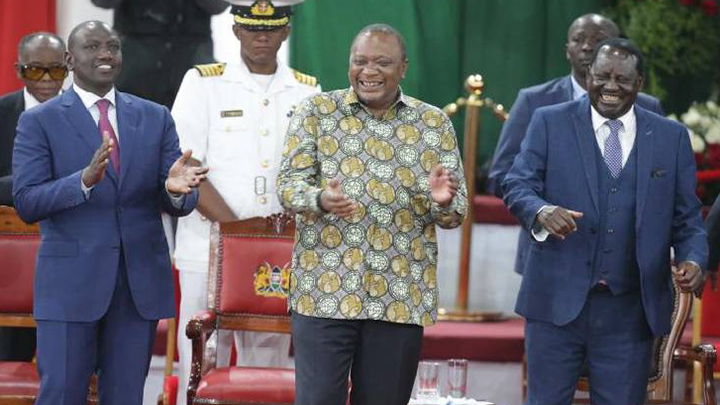


-1756319289.jpg)
